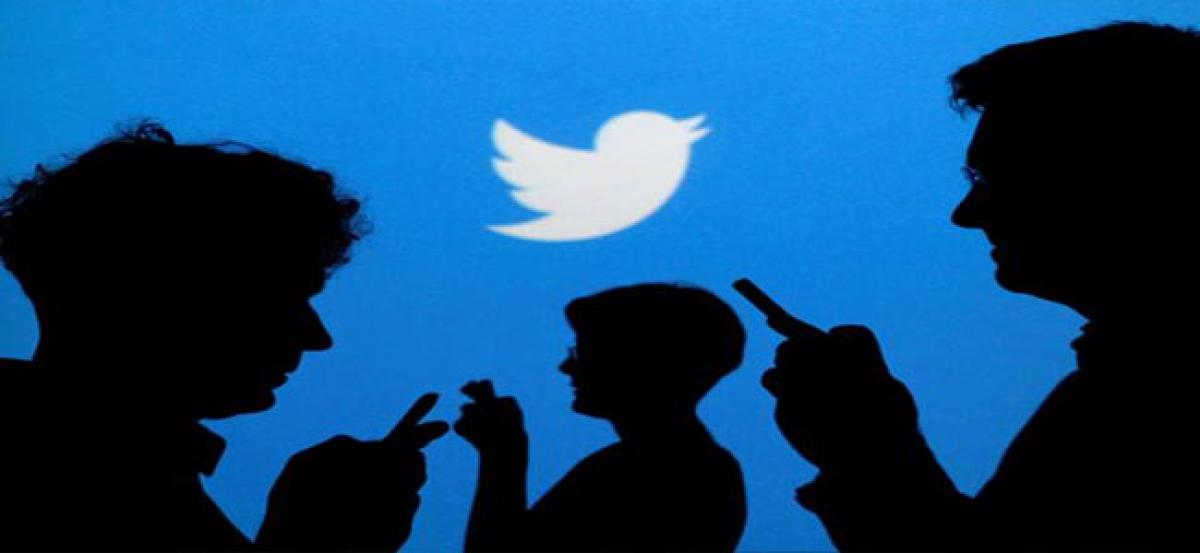Live
- ‘Bachhala Malli’ trailer heightens anticipation
- Karnataka quota row: Backward Class forum chief warns Lingayat seer over 'tinkering with reservations'
- Tight security arrangements at Group-II examination centers District SP
- Alia Bhatt captures attention in white
- Varun Dhawan talks about ‘Baby John’
- ‘Moonwalk’ trailer promises a quirky heist, love, and loyalty
- Combat leaf spot disease
- Ahsaas Channaopens up about her complex character in ‘Mismatched 3’
- Radhika Apte welcomes first child, shares heartfelt post
- Jacqueline dazzles at Da-Bangg Reloaded concert
Just In

False news on politics travels farther, faster, deeper and more broadly than the truth on Twitter because humans, not robots, are more likely to spread it, finds a study led by three Massachusetts Institute of Technology (MIT) scholars.
False news on politics travels farther, faster, deeper and more broadly than the truth on Twitter because humans, not robots, are more likely to spread it, finds a study led by three Massachusetts Institute of Technology (MIT) scholars.
Social media has created a boom in the spread of information, although little is known about how it has facilitated the spread of false information.
The researchers also settled on the term "false news" as their object of study, as distinct from the now ubiquitous term "fake news", which involves multiple broad meanings."Twitter became our main source of news," said Soroush Vosoughi, a postdoctoral student at the varsity.
But in the aftermath of the tragic events, "I realised that ... a good chunk of what I was reading on social media was rumours; it was false news", Vosoughi added.
To understand the mechanism detailed in the journal Science, the team analysed roughly 126,000 stories tweeted by three million people more than 4.5 million times.
Falsehoods were 70 per cent more likely to be retweeted than the truth. It also takes true stories about six times as long to reach 1,500 people as it does for false stories to reach the same number of people.
When it comes to Twitter's "cascades", or unbroken retweet chains, falsehoods reach a cascade depth of 10 about 20 times faster than facts. "We found that falsehood defuses significantly farther, faster, deeper, and more broadly than the truth, in all categories of information, and in many cases by an order of magnitude," explained Sinan Aral, Professor at the MIT.
"False news is more novel, and people are more likely to share novel information," Aral added, explaining why people tend to share more false news.
It is because people can gain attention by being the first to share a previously unknown (but possibly false) information. Thus, "people who share novel information are seen as being in the know", Aral said. Examining this "novelty hypothesis", the team found that "people respond to false news more with surprise and disgust", whereas true stories produced replies more generally characterised by sadness, anticipation, and trust.
The effects were more pronounced for false political news (45,000 tweets) than for false news about terrorism, natural disasters, science, urban legends or financial information.
Moreover, when all of the bots in the dataset was removed, the results suggest that humans have a greater role to play in the dissemination of false news.

© 2024 Hyderabad Media House Limited/The Hans India. All rights reserved. Powered by hocalwire.com







